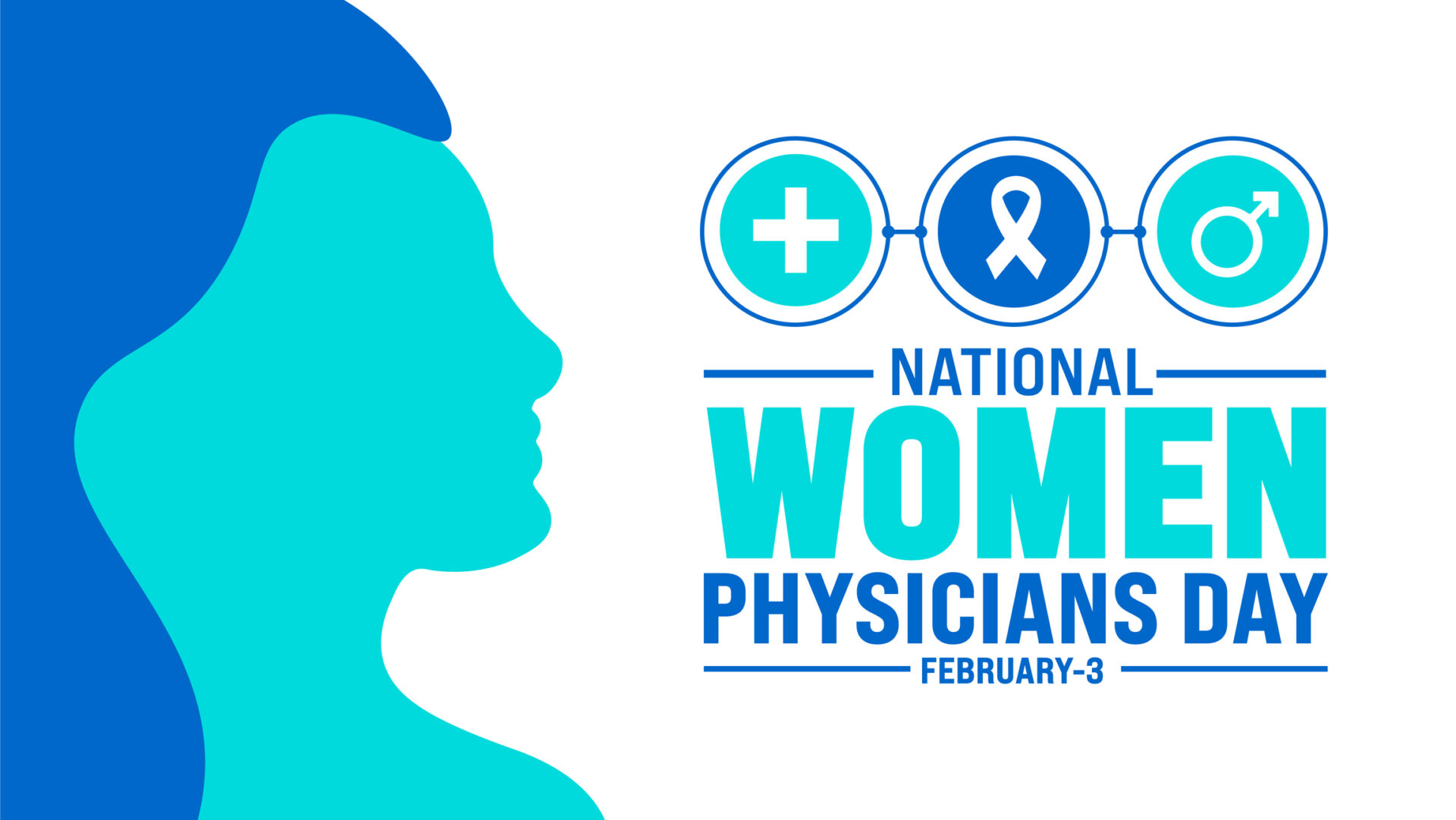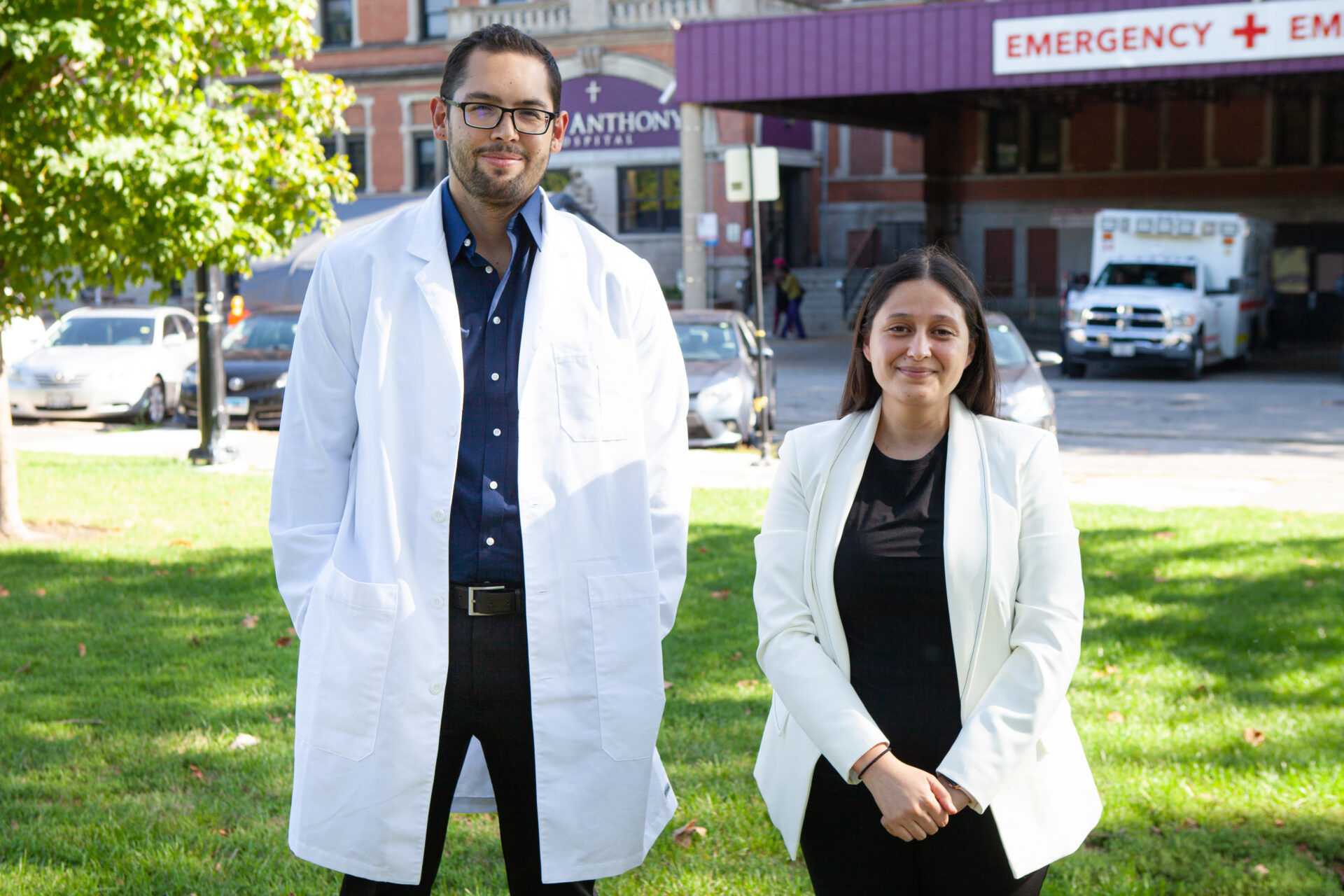Six months ago, scientists were baffled by COVID-19. The list of symptoms was growing, recommendations to prevent its spread were vague, and the death toll was rising by the day. After much research and many first-hand reports on the above, we now have comprehensive information on how COVID-19 affects the human body.
One aspect of the virus we have yet to fully understand is its effect on an individual’s long-term health following their recovery. Data on effects lasting months after an individual initially contracts COVID-19 is becoming more widely known as individuals who have recovered share their stories. While this information can provide insight and hope to those currently testing positive for COVID-19, it fails to indicate their health will look like one or even ten and twenty years down the road.
While scientific studies and the course of time will provide a more accurate view of long-term side effects, here are some of the ones commonly experienced following recovery from the virus.
Confusion
Following their recovery from COVID-19, it is no uncommon for individuals to experience changes to their mental state. Such changes can be severe, like experiencing post-traumatic stress disorder or difficulty sleeping. More manageable neurological side effects include occasional brain fog.
The chances that a COVID-19 victim experiences lingering effects increases significantly if they were put on a ventilator. According to the American Psychological Association, an individual’s isolation during their illness and recovery can have a substantial impact, with minimal social interactions contributing to more considerable brain fog.
Congestion
Because COVID-19 impacts the lungs, many individuals are experiencing decreased lung capacity following their recovery. For some, these changes may be temporary; for others, they may last years. This is especially true in individuals with acute respiratory distress syndrome. These individuals may experience lung damage and fibroids if they contract the virus.
Heart Damage
It’s also possible for those who have been deemed free of COVID-19 to have heart damage. In 1/100 recovered individuals, 60 experienced inflammation of the heart. Chest pain, shortness of breath, and arrhythmia may be signs of this condition. The most significant factor in heart health following COVID-19 seems to be that of the patient before contracting the virus. For those who have diabetes or hypertension, COVID-19 can exacerbate their condition. Individuals with these health issues who have had COVID-19 may experience blood clots and early signs of heart failure.
Fatigue
Individuals who experienced severe cases of COVID-19 will need plenty of rest. Usually, the virus impacts an individual’s quality of sleep and diet. Such changes to eating and sleeping patterns can have lasting effects, which may require individuals to play catch up, prioritizing rest, and a balanced diet over a heavy work schedule and junk foods.
Are you interested in learning about COVID-19 and other infectious diseases?
Check out clinical experiences in the specialty of infectious disease >







Leave A Comment